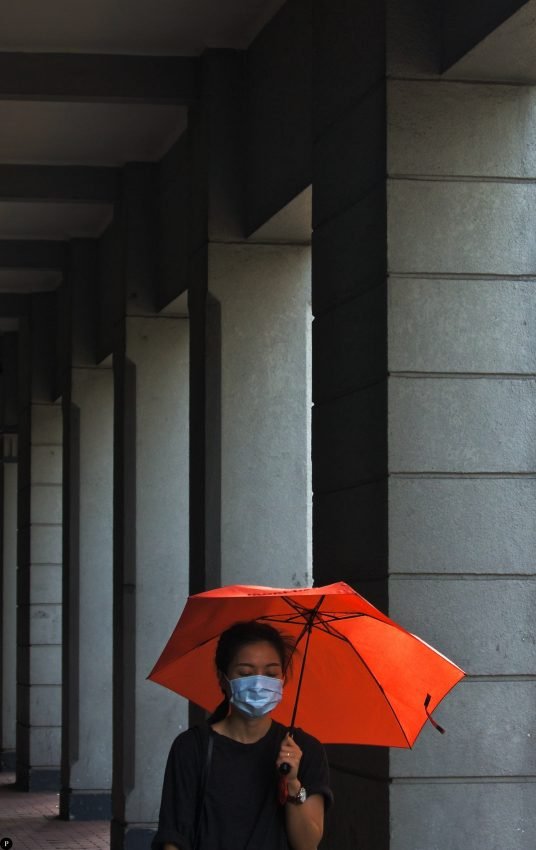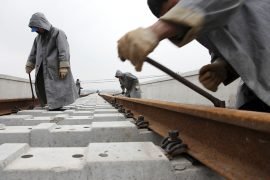Some insurers have begun developing the idea that, amongst other parameters, it is necessary to be able to check that the insuree takes at least 10,000 steps a day for access to health insurance coverage. Associations dedicated to Alzheimer’s have launched a tracking bracelet to monitor where patients are so relatives can locate them at any time. One of the automotive industry’s main attractions are components that will lure new customers, displaying high-end technological gadgets to prevent all kinds of driving incidents. Highway managers, weather forecasters, financial bodies and airlines invest considerable funds to reduce risk associated with uncertainty and unforeseen events. Even the military dedicate innovation in control systems, drones and robotics to prevent crisis scenarios or deterring them from happening. We are all more inclined to be receptive to the idea of prevention rather than risk, even though the latter means having greater opportunities or finding the solution to a situation we may face. Some would even be ready to forsake progress, against the dictates of the human condition, and waive intellectual growth in return for perpetual, illusory security. The principle creeping around in our society is that it is better to prevent than to cure; a bird in hand is worth two in the bush.
In a society that is increasingly digital and thus more focused on precision and accuracy, the evolution we will see is a nascent societal value: economic, medical and professional prevention in the citizens’ social order
The economy of prevention has one of its major drivers in health care thanks to the social development of digitization. Investment in prevention has achieved considerable returns in the mid and long term, by reducing the number of patients, improving the quality of life of people suffering from chronic illnesses and making quality healthcare sustainable. Prevention is linked to education, training and technology, but also to the construction of a cultural concept that allows the forging of the citizens’ commitment to better manage their expectations and quality of life; to become aware that prevention averts or alleviates illness, and consequently discomfort and pain. In a society that is increasingly digital and thus more focused on precision and accuracy, the evolution we will see is a nascent societal value: economic, medical and professional prevention in the citizens’ social order. A value that was until now managed by companies will eventually be managed by individuals themselves.
The logic of big data based on managing the information companies have on their clients and users to extract knowledge and patterns of consumption that better exploit their services, will also be reflected in the citizens themselves. People are increasingly managing their own deposits from mobile applications, not just because of ease of access to their accounts but also because of the ease with which they can personally carry out the overall management of their accounts, expenses and income at just the right time. In the field of health and sports, citizens directly manage their performance, accessing the results the data they extract from their applications in mobile phones, watches and digital bracelets. New forms of consumption will incorporate mechanisms that will provide information for prevention as a factor in their purchase, like for example, the expected demise of a television set, a car or any other device, alerting when you need to change a vehicle, depending on hours and mileage, in order to predict its extinction.
A few years ago on TV, they asked an African-born Catalan citizen what was the most surprising thing about life in a European country, and he replied it was the Catalans’ obsession with meteorology and the weather forecasts in the media. The image of a society that is constantly watching the sky to seek guidance, to read its future in the stars, to learn of an imminent storm, or to call for the favour of the gods, has become a new field of economics that will present new social challenges. If forecasting is good, it is not so good to avoid or adapt to what the future may afford us just because some data warns us not to do something or other.




















